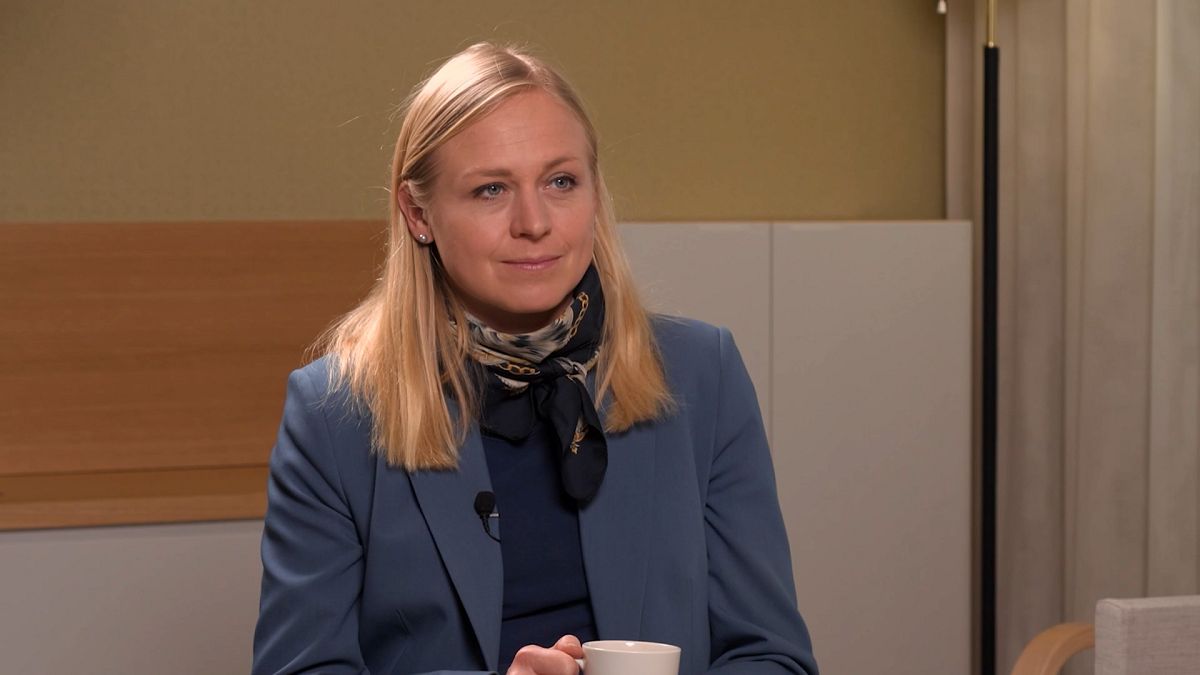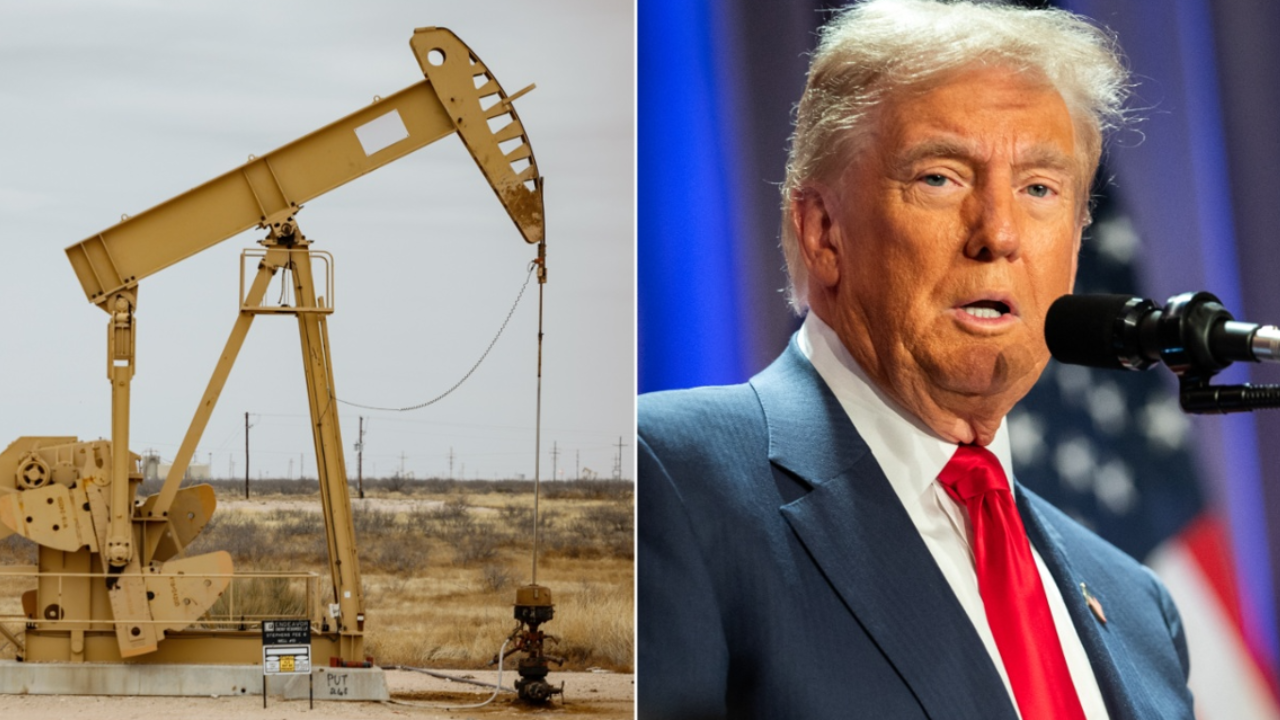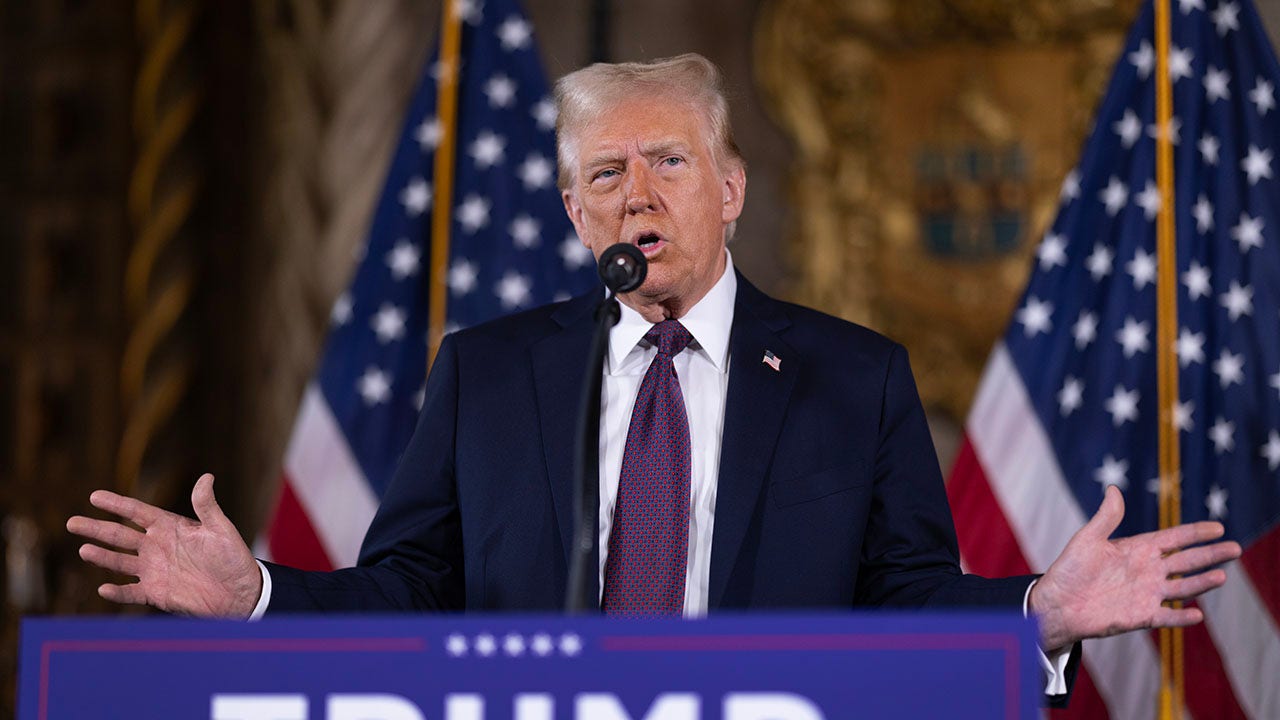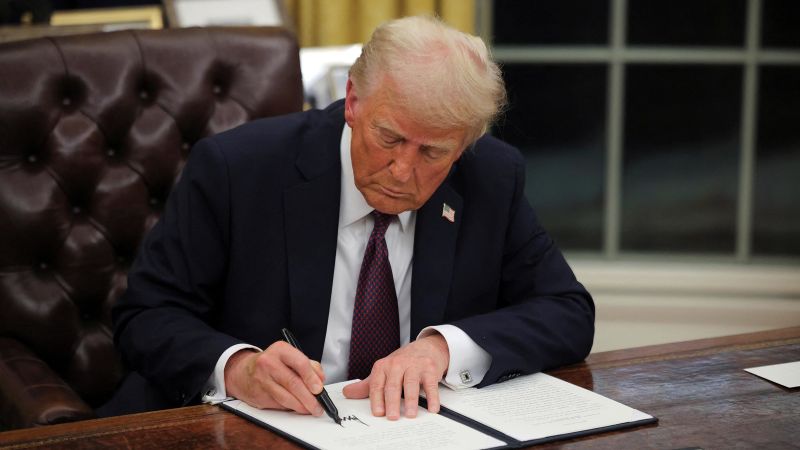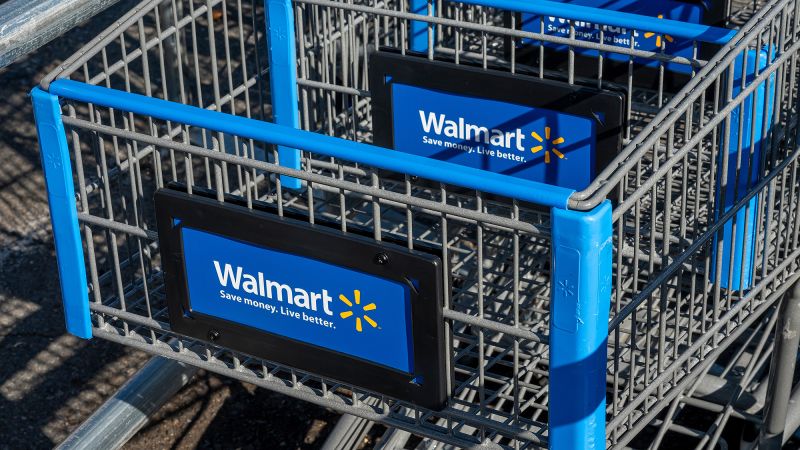New York
Two of America’s Big Tech companies are opening the door to more “free expression,” even if it means more hateful content. But in Europe, Big Tech companies are voluntarily cracking down.
It’s a reminder of just how divergent Europeans’ and Americans’ online experiences are becoming, as EU lawmakers forge ahead with tech safety and accountability legislation against an industry widely seen as too big and too out of control, while such proposals have languished, if not faced active resistance, on Capitol Hill.
Tech platforms including Meta’s Facebook and Instagram, X, Snapchat, TikTok, Twitch, LinkedIn and YouTube this week signed onto an updated European Union code of conduct promising to do more to combat online hate speech, which is often illegal in European countries.
Meanwhile, two of those same platforms Meta and X have made changes in the United States that they acknowledge could usher in more hateful speech, arguing that such changes promote freedom of speech and combat censorship. And across the industry, companies have shrunk teams whose entire job was to ensure the safety of their platforms, including from people who seek to foment hate and violence.
The contrast is striking.
As part of the EU agreement, the companies agree to allow “monitoring reporters” non-profits or public organizations with expertise on hate speech to review their platforms and to act quickly on most of the content they flag, the European Commission said Monday.
The new code of conduct is voluntary, but tech companies can use their compliance to demonstrate that they are meeting obligations legally required by the EU’s Digital Services Act (DSA), which, among other things, mandates Big Tech platforms take meaningful steps to reduce illegal and harmful content.
“In Europe there is no place for illegal hate, either offline or online,” Henna Virkkunen, the commission’s executive vice president for tech sovereignty, security and democracy, said in a statement, adding that the commitments will help “ensure a safe digital space for all.”
It’s one of a number of differences in US versus EU tech users’ online experiences that have accumulated over time, Isabelle Wright, director of technology and society at the Institute for Strategic Dialogue, told .
“I think we’ve been heading in this direction for a while, but not just for hate speech, I think really for all categories of harm that most (other) Western nations cover in in their tech regulation,” Wright said. “It’s going to lead to an incredibly fractured information ecosystem between the US and essentially every other Western democracy.”
Meta and X did not respond to requests for comment.
To be sure, Silicon Valley’s efforts have always been far from perfect. Meta’s platforms have been accused of playing a key role in the organization of the January 6, 2021, attack on the US Capitol and abetting genocide in Myanmar. And across the tech world, efforts to address harmful content like hate speech have always been targeted, at least to some extent, at placating advertisers obsessed with “brand safety,” terrified at the thought that their ads could be placed next to a comment section awash in inflammatory remarks and threats of violence. With advertising being the prime revenue generator for social media companies, the tastes of advertisers has historically set the tone.
But now even those efforts have been scaled back in the United States.
Elon Musk-owned X has seen an uptick in hate speech in recent years as it welcomed previously banned White supremacists and conspiracy peddlers back to the platform. Musk himself has also boosted racist conspiracies on the site.
And Meta earlier this month announced several major content moderation policy changes in the United States, including scaling back its automated systems for removing content that violates its policies. The systems will now be focused on checking only for illegal and “high-severity” violations such as terrorism and child sexual exploitation.
Meta also updated its hateful conduct policy to roll back protections for certain groups, including women and LGBTQ+ people. Users of Meta’s platforms will now, for example, be able to refer to women as household objects and suggest that transgender people are mentally ill, without fear that their comments will be removed or restricted by Facebook’s moderation team. (A Meta spokesperson noted that the company would continue to prohibit slurs, as well as attacks against certain groups, such as those based on ethnicity, race and religion.)
Terms of Service with Clare Duffy
How Do You Fact-Check Social Media?
Meta CEO Mark Zuckerberg says the company is ending its partnership with third-party fact-checkers in the US because the program caused too much censorship on the company’s platforms. The announcement raised a big question: How much were third-party fact-checkers really responsible for what content stays or goes on Meta’s platforms? Carlos Hernández-Echevarría, head of public policy at fact checking organization Maldita.es, explains how the group fact-checks posts – and what happens to that content after they do.
What questions do you have about the technology in your life? Email us at [email protected].
Jan 21, 2025 • 29 min
The platforms’ US moves may reflect the changing American political environment, where many Republican leaders have equated content moderation with “censorship.”
Members of the incoming Donald Trump administration, including the nominee to lead the Federal Communications Commission, Brendan Carr, have also called for a reinterpretation of the tech immunity law Section 230. In essence, they want tech companies to be protected from lawsuits over what their users post only if they do little-to-no content moderation whatsoever.
Following Meta’s announcement earlier this month, Carr posted a gif of Jack Nicholson grinning and nodding in response to ’s Brian Stelter post on X with the news about the tech giant’s moderation policy.
When tech platforms announce changing policies or principles, Wright said, “the language they use to stand behind those indicates that they’ve put in, you know, a lot of a lot of thought and consultation into these processes. Yet when an administration changes, those principles seem to change like the wind in order to better align with the people who could potentially regulate them or disrupt their businesses.”
“I think what has become clear to the platforms is that the chances of any type of tech regulation in the US are slim to none,” Wright said.
But it isn’t just hate speech where Americans have a different experience. Europeans are protected in much broader ways, too.
Unlike Americans, Europeans are protected from having their personal demographic information, such as their race and political views, collected by tech companies without their consent, thanks to the General Data Protection Regulation. Nor can Big Tech firms stop app developers from communicating cheaper, off-platform offers to users because of the Digital Markets Act. The DSA also provides EU users with greater protections from targeted online ads. And Europeans may have less access to AI tools, including products from Apple and Meta, because of privacy regulations and an EU law aimed at safe and responsible development of the technology.
But that divergence has the potential to become less pronounced as tech leaders have cozied up to Trump in the hopes that the new administration will advance their interests.
Zuckerberg and Musk, as well as Google CEO Sundar Pichai, Apple CEO Tim Cook, Amazon founder Jeff Bezos, OpenAI CEO Sam Altman and TikTok CEO Shou Chew, were all seated prominently at Trump’s inauguration Monday.
Some of those Big Tech CEOs have already suggested they want Trump to pressure Europe into relaxing protections and regulations on the continent.
Cook is said to have raised the issue of European regulations in a meeting with Trump at Mar-a-Lago following the election. And Zuckerberg has expressly said he will seek Trump’s help in pushing back on safety rules from the EU and elsewhere.
In his policy announcement earlier this month, Zuckerberg said: “We’re going to work with President Trump to push back on governments around the world that are going after American companies and pushing to censor more.”
